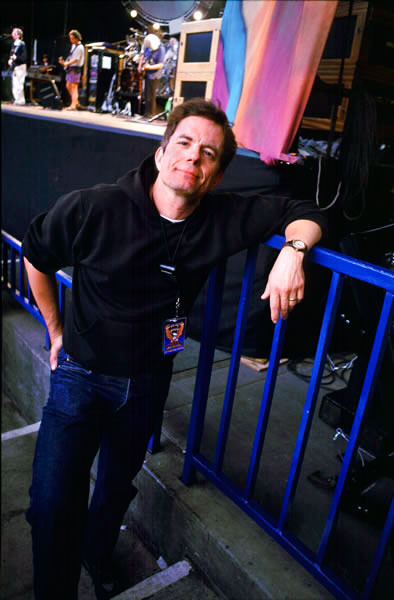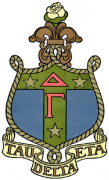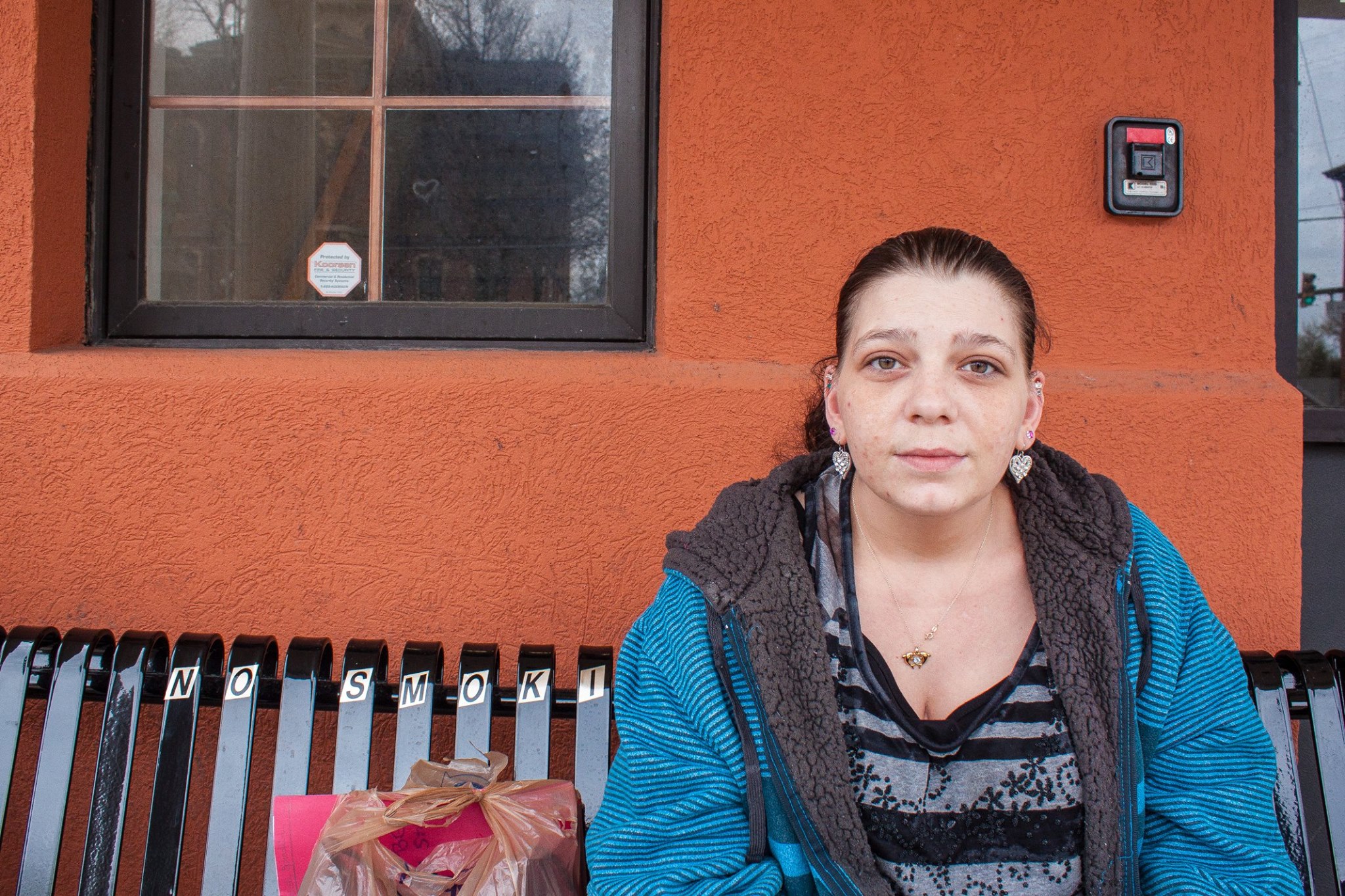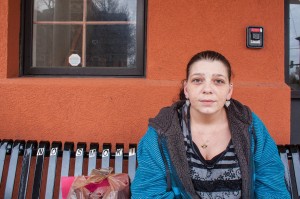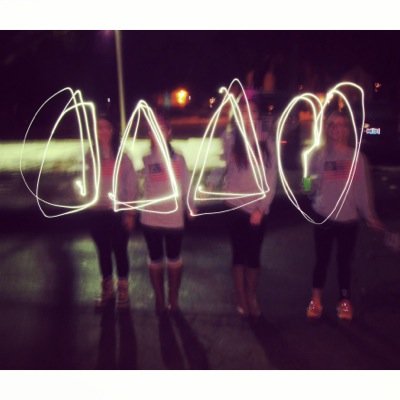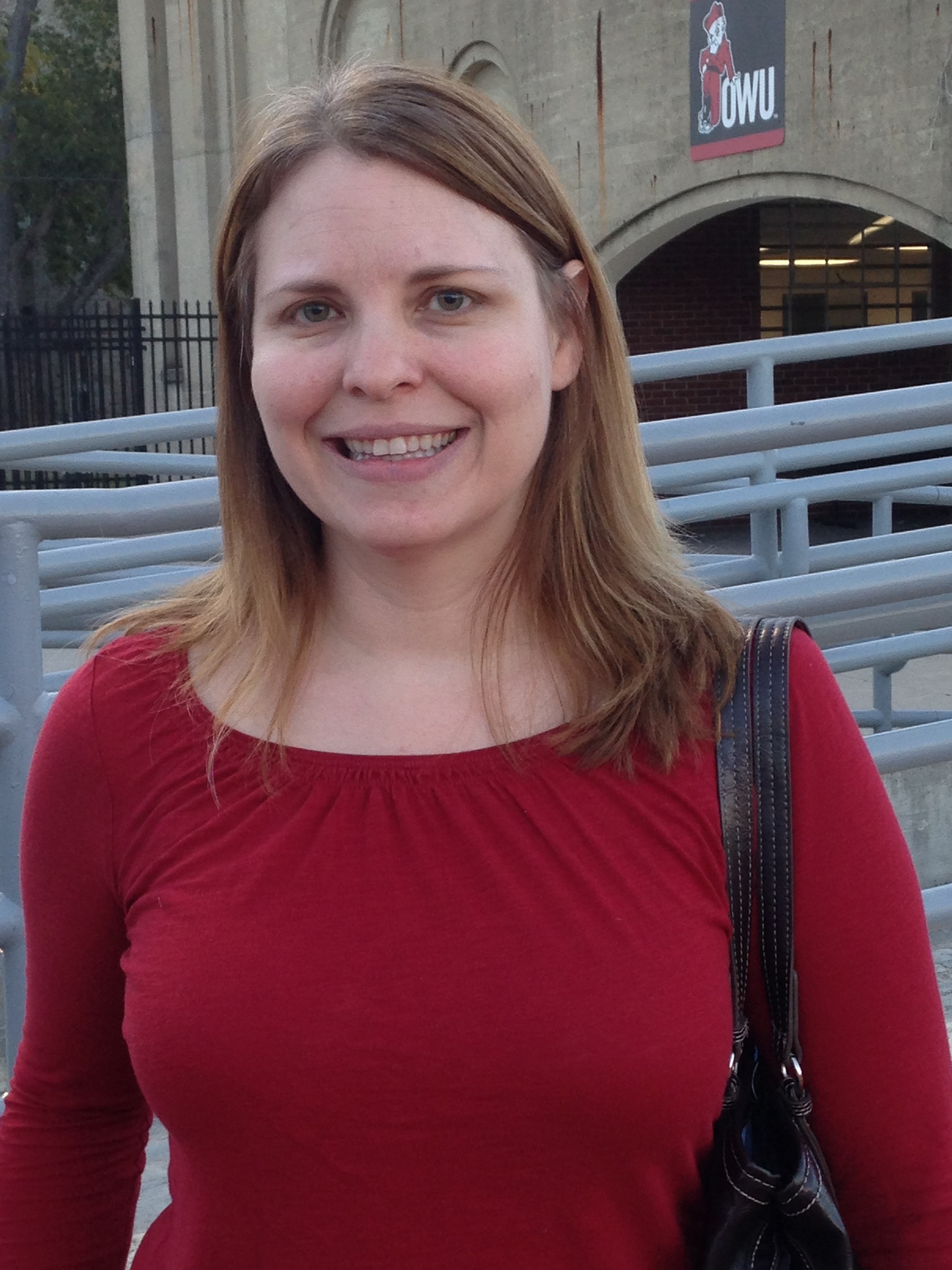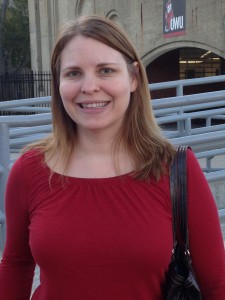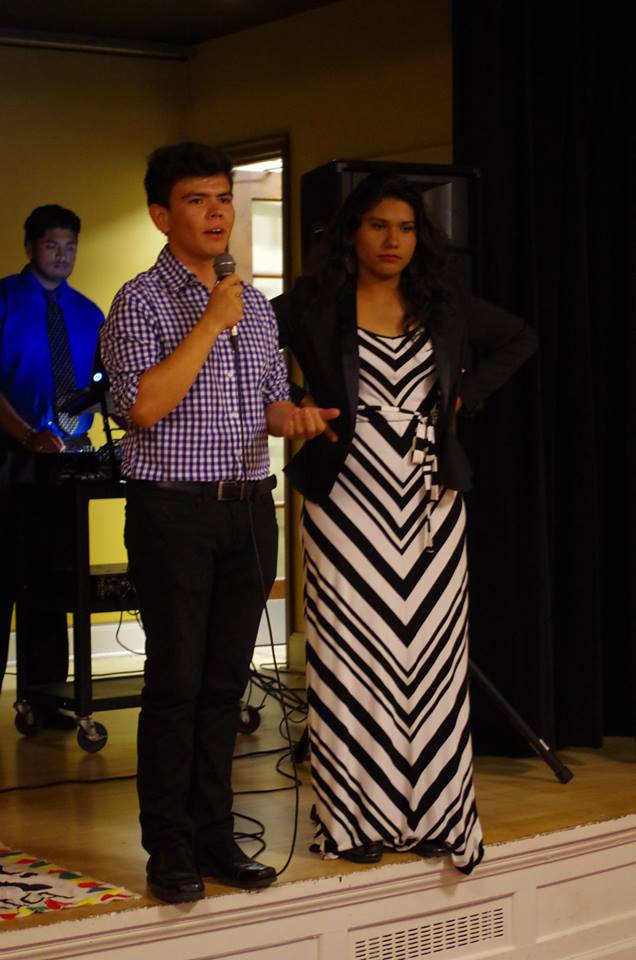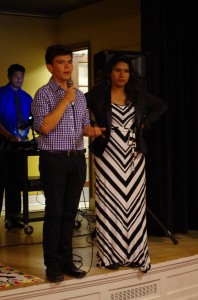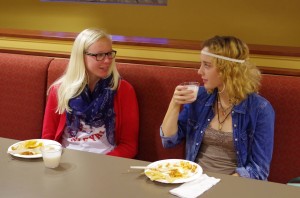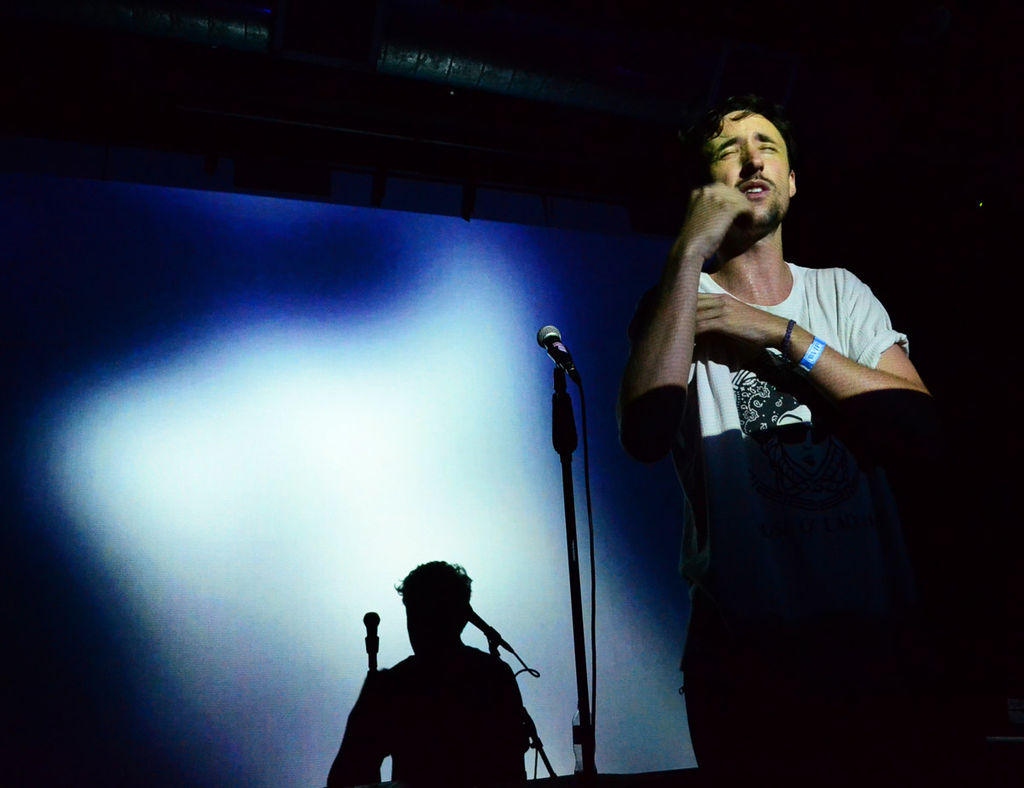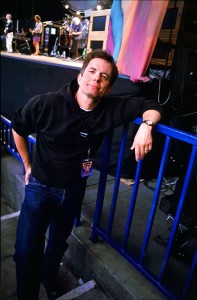
Music historian and former publicist for The Grateful Dead, Dennis McNally, spoke on Tuesday about the power of music to unite and change cultures.
Hosted by Ohio Wesleyan University’s Arneson Institute for Practical Politics and Public Affairs, the talk was, in part, a promotion for McNally’s new book, Highway 61: Music, Race, and the Evolution of Cultural Freedom. McNally’s presentation mirrored his book, following the evolution of music from southern blues to rock n’ roll. His presentation also showed the bridges made over cultural divisions during this journey.
All of this, McNally asserts, came to a head in the 60’s with anti-establishment movements against status quo concepts of sex, religion, politics–especially during the Vietnam war–and race in America.
McNally also took the time to relate the subject to the state of the music industry today. After admitting that he did not spend much time listening to contemporary music, he lamented that the modern industry does not allow the same room for creativity that allowed bands like The Grateful Dead to find their voice in the 60’s.
“It’s easy to forget, (The Grateful Dead) had two huge flops before they got big, y’know?” McNally said. “The label stuck with them back then, though you couldn’t blame them if they hadn’t, but today?… The business is just a horror. So commercialized, most guys get one shot and then they’re done.”
McNally went on to lament this turn in the music industry, especially as this age of technology has enhanced the ability for people with a message to send that message around the world.
Pointing to subjects like marriage equality and climate change as examples, McNally argued that a push from the musical community of today could affect greater social change than ever before if those gatekeepers and artists would allow the message to mature and escape in a form that was appealing to the public.
Independent bands both in America and abroad provide some sense of hope for that vision, at least to McNally.
“There’s this band in Mali called Tinariwen,” McNally said. “They’re using Malian music, sang in French, using american rock n’ roll instruments with modern rock modalities. They’re playing blue notes, because they invented them….and they’re a rock band. A hell of a rock band.”
To conclude, McNally warned about the potential for even these pockets of positive musical influence to become over commercialized and robbed of meaning, and the chorus of “noise” that the internet age has brought along with it has more positive benefits.
“(Positive messages losing their meaning) is a danger, I don’t think that’s reason enough to keep you from putting out a positive message,” McNally said. “You can only say what you feel and in as sincere and heart-felt a way as possible…That there’s always a risk that it’s going to get blurred with endless side noise.”
McNally’s book is available now in the campus bookstore. The next Arneson Institute speaker will be film director and poet Sini Anderson, who will be screening her documentary “The Punk Singer” on Wednesday, Oct. 8th.
